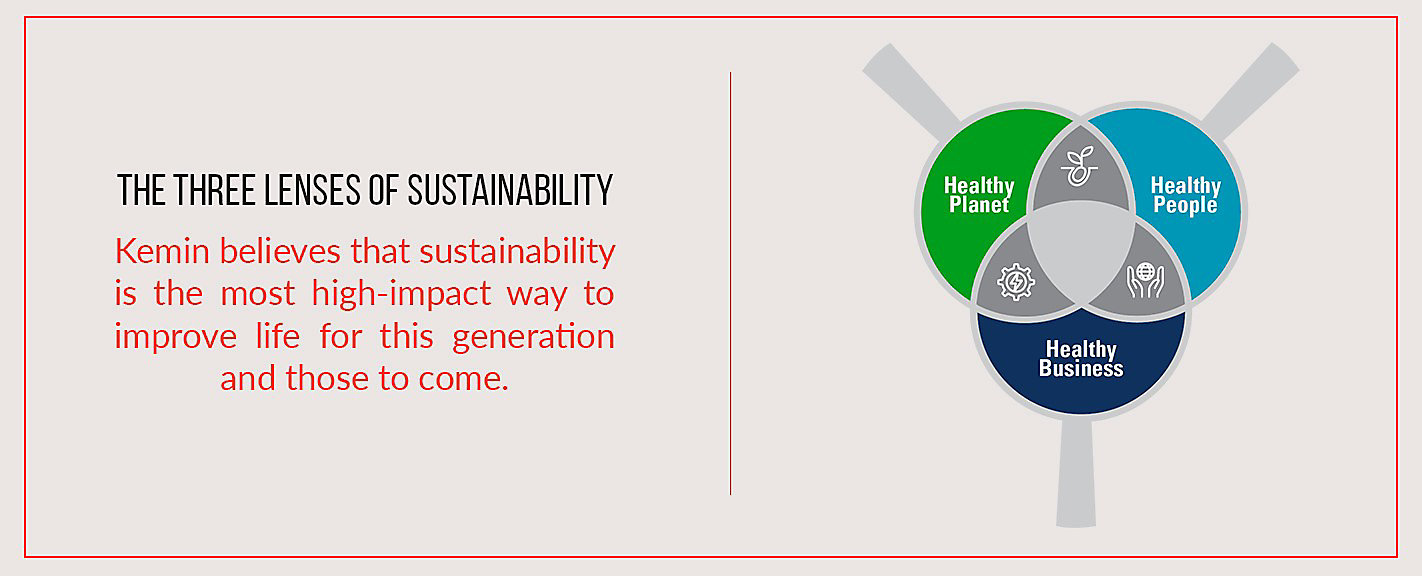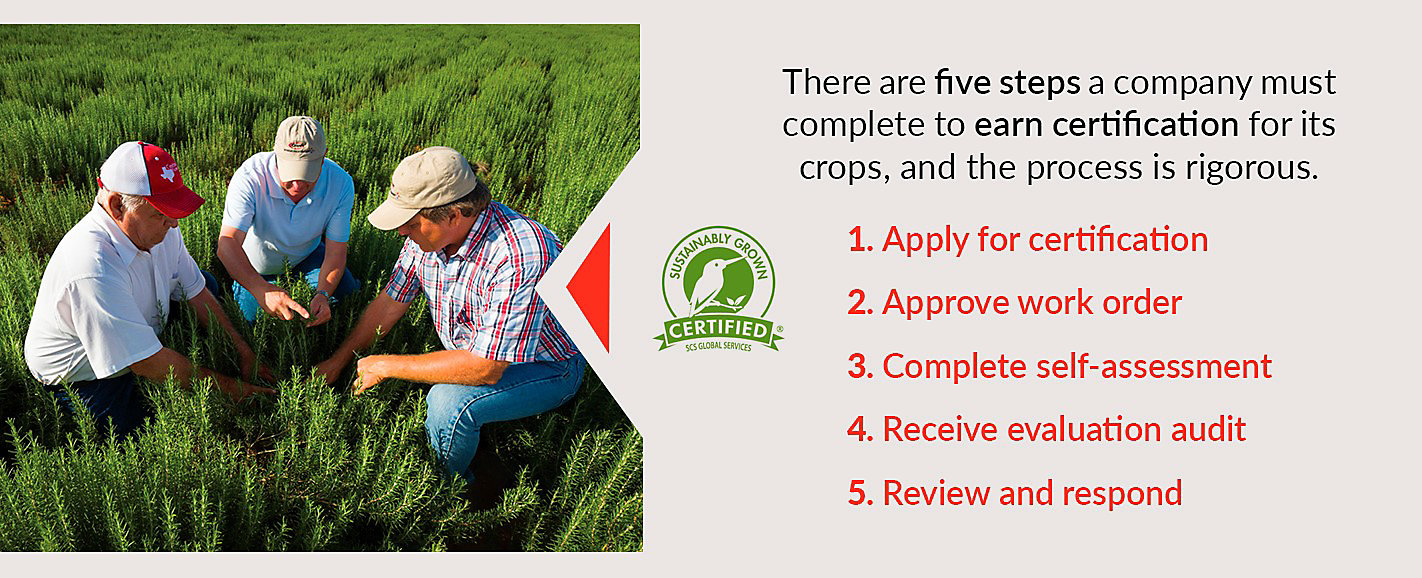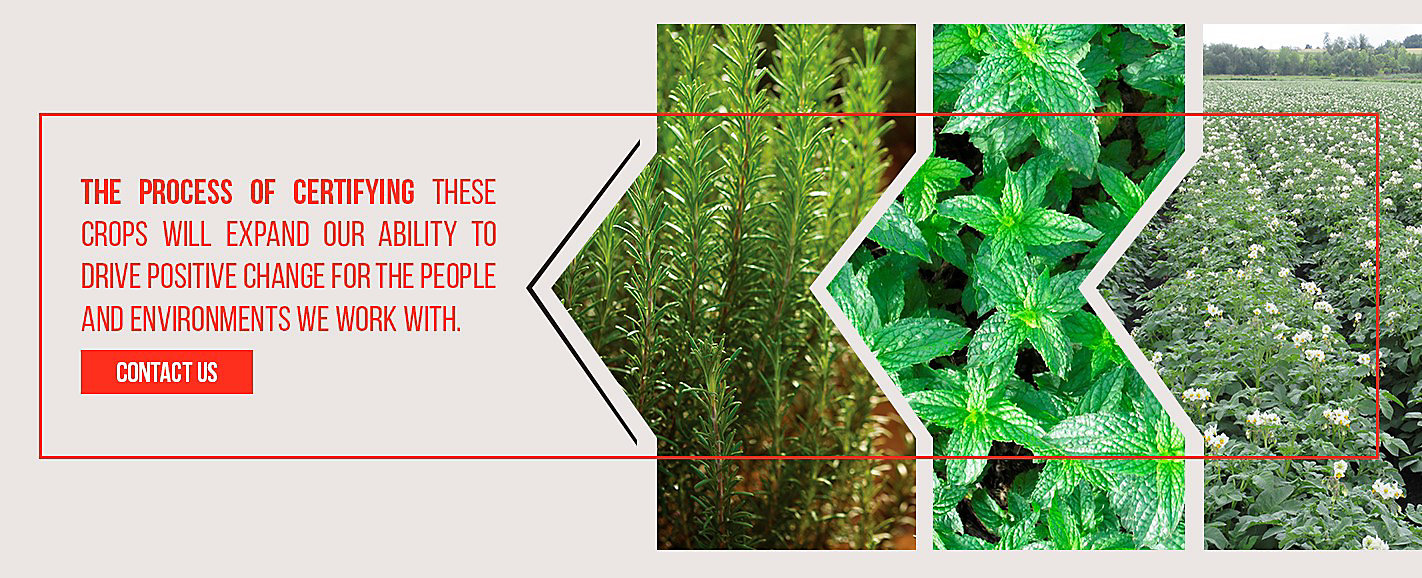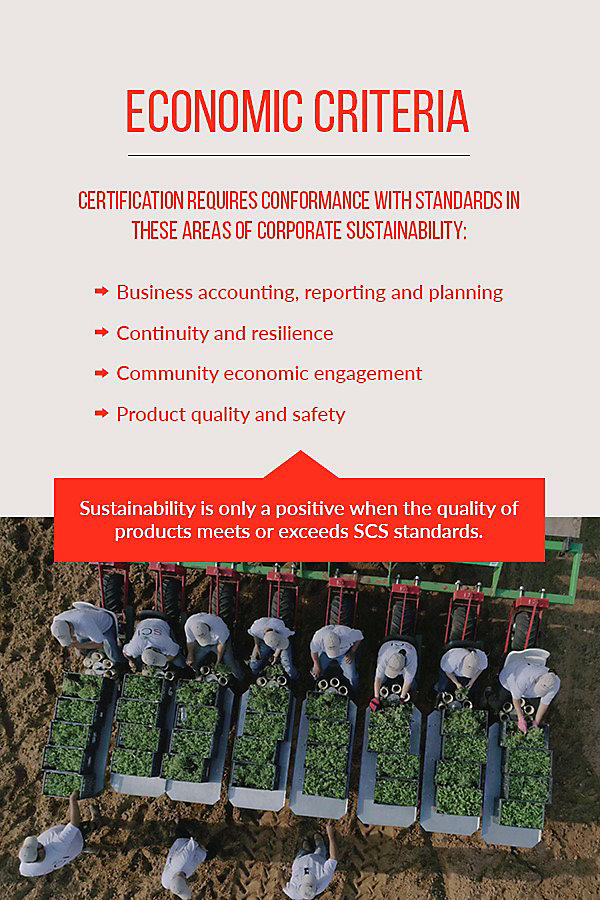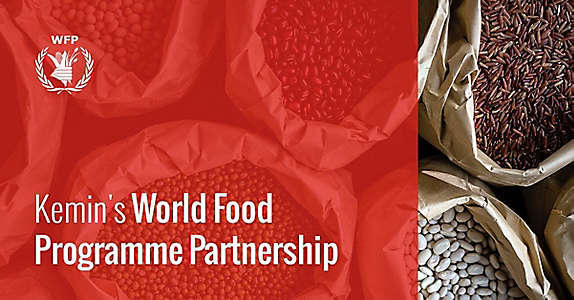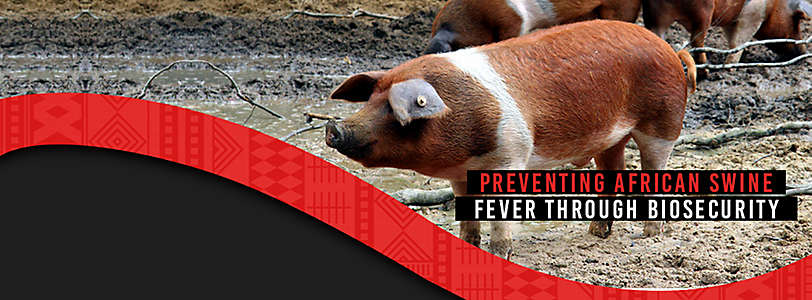What Does to Mean to Be Green?
Sustainability has become a popular buzzword in recent years. As environmental change has come into sharper focus, consumers are learning more about the brands they buy from and are choosing more sustainable products. Globally, 66 percent of people are willing to pay more1 for products made by a sustainable company. Any company can claim they're "green," and many do so with little or no evidence to back it up.
The United States Department of Agriculture (USDA) defines sustainable agriculture2 as a system of plant and animal production practices that satisfy human needs for food and fiber while fulfilling these additional goals:
· Enhancing environmental quality
· Making the most efficient use of resources
· Sustaining the economic viability of farming
· Enhancing life for farmers and society at large
There are numerous certifications for sustainability, but not all programs are created equal. Kemin shows our commitment to the highest standards by growing crops certified Sustainably Grown by Scientifically Certified Systems (SCS) Global Services.
1. The Leading Sustainability Certification
SCS Global Services has been developing standards and certifications in sustainability for more than three decades. They work with businesses, government agencies and other stakeholders to promote sustainability all over the world. SCS is an independent third-party with the highest ethical standards and neutrality in auditing, testing and certification.
The SCS Sustainably Grown certification recognizes businesses that meet the world's most stringent operational standards and are actively committed to driving positive change in environmental and social sustainability. Companies must meet standards with four commitments to get a crop certified:
· Safe working conditions
· Thriving farming communities
· Healthy ecosystems
· No dangerous agrochemicals
The Sustainably Grown standard was designed to meet or exceed standards set by other organizations. The program has received multiple accreditations and meets critical international benchmarks.
· Global Social Compliance Programme (GSCP): SCS standards are benchmarked to GSCP codes, audit processes and reference tools which represent sustainable best practice in social audits and supply chains. Sustainably Grown averaged "A" grades for every GSCP criteria.
· Sustainable Agriculture Initiative (SAI): The program received a Silver equivalence level based on SAI's Farm Sustainability Assessment tool.
· American National Standards Institute (ANSI): SCS is an accredited developer of standards and certifier of eco-labeling certification.
· Sustainability Initiative Fruit and Vegetables (SIFAV): Based on conformance with criteria from the Sustainable Trade Initiative (IDH), SCS is included in the SIFAV Basket of Standards.
SCS Global Services is at the forefront of global equivalence and accreditation and was the first U.S.-based sustainable agriculture certification to earn GSCP equivalence. Continuous pursuit of compliance with international standards makes SCS certification the most relevant and comprehensive measure of sustainability available.
2. Sustainability Goals
The standard for Sustainably Grown has multiple goals for the farming enterprise hoping to earn crop certification. The purpose of the program is to:
· Encourage farmers to work toward the highest levels of environmental, economic and social sustainability and continue improvement over time.
· Enhance the ability of agricultural operations to slow climate change by improving the quality of soil, increasing energy efficiency and reducing greenhouse gases.
· Increase food security.
· Promote better working conditions and worker protections.
· Raise public awareness about sustainability issues in agriculture and encourage demand for products that reinforce sustainable production.

